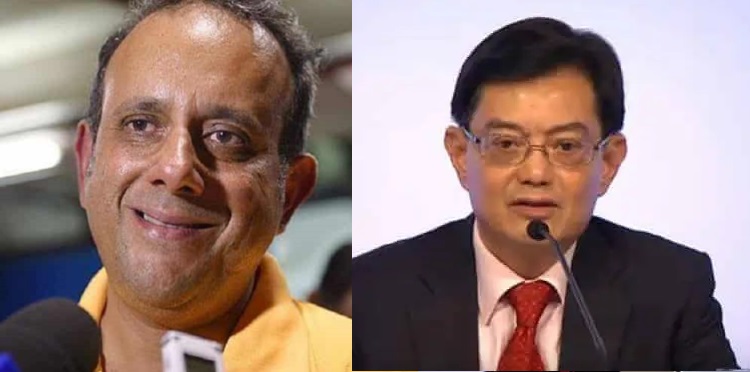The Ministry of Education (MOE) announced that it will be completely doing away with streaming in secondary schools by 2024, replacing it with subject-based banding instead.
At the parliamentary debate on his ministry’s budget, Education Minister Ong Ye Kung said that from 2027, students will take common national examinations instead of the GCE O-Level or N-Level examinations in current system.
Implementing this new system means that the whole concept of ‘form class’ will be changed. As the different streams will no longer exist, schools are shape their form classes based on co-curricular activities, subjects, or project groups, said MOE.
MOE also said that the first to go through this streaming-free secondary school education will be pupils who are currently in Primary 2. The full subject-based banding will be piloted in 25 schools next year before being progressively rolled out to all schools by 2024.
Mr Ong said, “This change will help us to customise education for students, while minimising the effect of labelling and stigmatisation. It will encourage a growth mindset amongst all our students.
“We are breaking out of a dilemma that we have been grappling with for so many years.”
Mr Ong highlighted the challenges presented with the streaming system such as how streaming didn’t account for the varying strengths students have across different subjects. He also mentioned stigma and self-limitations that come with being place in a stream that is considered ‘lower’.
“Students can develop a mindset where they tell themselves: ‘I am only a Normal stream student, so this is as good as I can be,” he said.
The announcement by MOE about abolishing streaming has sparked both cheers and concerns. Some parents are worried that the new system will adversely affect their children.
In fact, in a The Straits Time article printed on 10 March, a mother of three was quoted saying she would ‘prefer if her children did not mix with those in the Normal stream’. The woman, Ms Chan explained, “It’s because of their upbringing – their mindset and values may not be in tandem with what I agree with. It’s not so much about academic performance.”
Her reaction illustrates what academics have been saying – that the move to abolish streaming may be a good one in the academic point of view, there’s still plenty that needs to be done to undo years of stigma that has built up from the old system.
A teacher, Mark Rozells, shared the quote of Mrs Chan on social media and added that ‘the snobbery and prejudice contained in just a few lines is amazing’.
He said that he has taught students from different streams and his experience has shown that students, regardless of streams, have their own strengths and challenges, both personal and familial. “I’ve seen hardworking, resilient students in Normal stream and lazy, entitled students in IP and Express streams,” he said.
Mr Rozells said, “If Ms Chan’s perspective is really the prevailing mindset amongst parents out there, then no number of CNA tear-jerker documentaries is going to matter. A reform of the entire way students are posted to secondary school is urgently needed.”
In a postscript, Mr Rozells pointed out that prejudice doesn’t appear overnight. “Prejudice takes time. It takes root with policies, grows with administrative practices and becomes so intertwined with the very ethos of society that we forget/ ignore it. We manufacture all sorts of fiction to excuse it, to justify it.”
Netizens were quick to agree with Mr Rozells point of view that this type of prejudicial mindset has been around for a long time and that Ms Chan is merely echoing the ‘values’ she grew up with:
Many simply pointed out how this kind of thinking serves to perpetuate an already existing social divide in Singapore:

Based on Mrs Chan’s reaction to the new system, as well as reactions from other parents, it’s clear that discrimination is alive and well in Singapore. The streaming system which has been in place for about four decades has shaped a society with a significant social divide as a result of out of academic placement in schools.
Objectively, the abolishing of streaming is a good move and will benefit students in the long run. But more needs to be done to tackle the stigma surrounding academically poor kids who are often seen as less than their academically successful peers and often made to feel left out of larger society.









